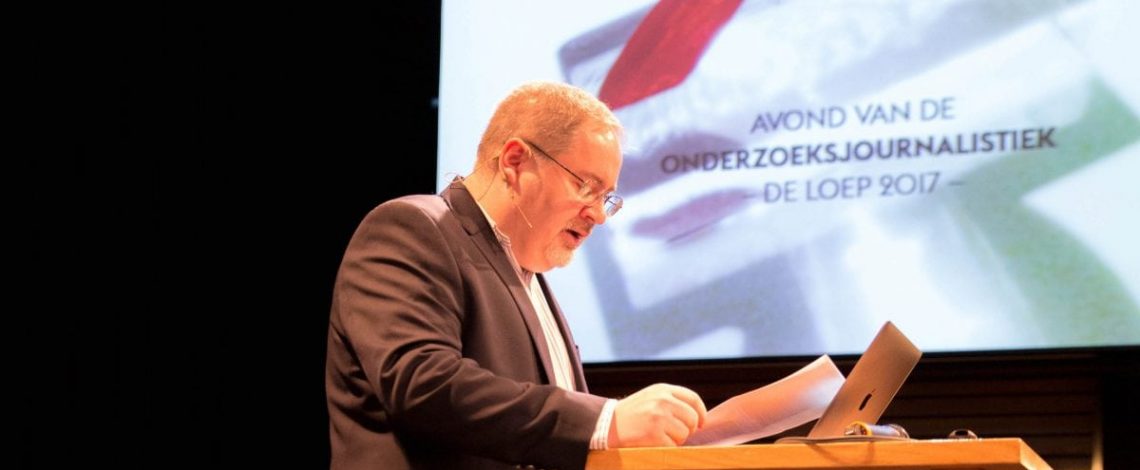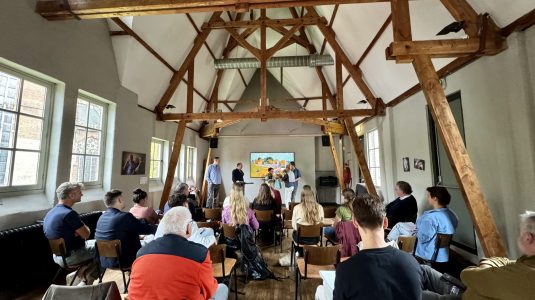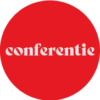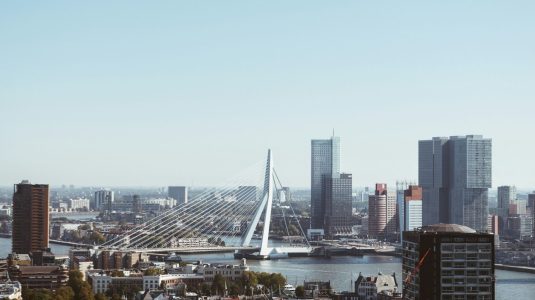Keynotespreker tijdens de eerste Avond van de Onderzoeksjournalisitiek, op 6 april, was Drew Sullivan, hoofdredacteur en mede-oprichter van OCCRP, het Organized Crime and Corruption Reporting Project. Zijn indrukwekkende toespraak kun je nu alvast in PDF nalezen, de vertaling en samenvatting volgen later.
Liever terugkijken dan teruglezen? Bekijk dan de registratie van de livestream van De Avond van de Onderzoeksjournalistiek, die is gemaakt door de mensen van Pakhuis de Zwijger.
Hieronder alvast twee kernpassages, nu dus nog even onvertaald:
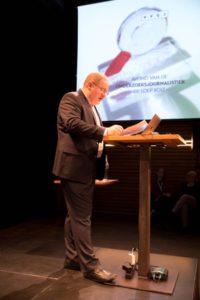 1) Mapping plutocracy
1) Mapping plutocracy
“Except for some small advances in data tools, investigative reporting is still being done the exact same was it was 100 years ago – a bespoke, custom made research done by a specialist. Most investigative stories are still long, complex stories written for a narrow audience. So how do we change it?
- First, to capture the tide, we need to create a topographical map of the forces of money and power in our societies and help readers understand how this map work. If you were to map money and power in the Netherlands, you’d find it hasn’t really changed all that much since last year. Or five years ago. Or a decade ago.
- Money and power is pretty constant and yet how that money and power changes the world is effectively hidden in thousands of news stories. So let’s redefine what constitutes a news story and help people by building tools that help them understand their world. This map could become the vital context that could be provided for every proposed tax change, tender or law.
- Then let’s make our stories interactive. We all have terabytes of data but we don’t use it. Why don’t we give readers or viewers that data in an interactive database embedded in our stories? Why not allow them to see the data geographically? As a timeline? As a social or financial network map? Or all of these?
- Then, lets integrate the information we collect into people’s lives so it’s easier for them to use our findings. Maybe you can have your coders program an overlay to TripAdvisor or Google maps so that when your readers go to book a hotel, they can tell if that hotel is owned by a politician or an organized crime figure. That allows your readers to make a decision – do I want to give my money to organized crime or do I want to give it to a legitimate businessman or woman? Or when a new contract is given out, your website will allow readers to explore the connections between the people who run the agency and the people who won the contract.”
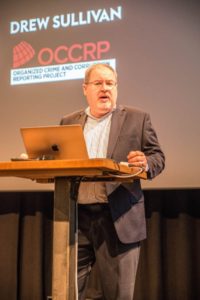 2) An arms race with data
2) An arms race with data
“I know you don’t want to hear it but privacy is dead – at least your privacy is dead to people with money and power including big businesses and governments. We have a company that provides us free satellite photos. They told me the other day they will, within five years, be able to provide us high resolution, 24-hour a day satellite video surveillance of every single spot on earth.
That’s scary. It’s going to happen and there is nothing you can do about it. But unless you have a deal like we have, or a lot of money, you’re not going to get it. But rest assured that governments and people with lots of money will have access to it.
This is one of the aspects of the future – the automated collection of data. If you think about it, Facebook’s success was convincing people to willingly give up their social networks, their interests and their intimate details to a nameless company. More startups will start doing this in other ways. And so will we. Think about it. You can mount your own sensors around town and capture peoples license plates, phone locations, faces, whatever.
And when we get to 4-D printing, where we are printing circuitry into everything we print, your unique heat signature will be captured by the very walls of your home. Governments or businesses will know where most people on earth will be and what they are doing. In the Internet of Things, every device on earth becomes an information sensor, from your coffee pot to your pacemaker. And judging from our experience, if governments can use it, they will.
Governments will have this data. Wealthy businesses will have this data. The public will not. And that is what I find scary. If we could put the genie back into the bottle, most of us would. But that is not going to happen. So we need to prepare.
We are working on building a knowledge management system that will allow journalists and the public to have access to data that will help them understand how the world works and who controls their lives. OCCRP has collected 13 terabytes of data – some of it unique. We will make it available to journalists and those seeking to do public good. By using machine learning tools and artificial intelligence, the next big revolution, we will create models of corruption and our knowledge management system will alert us when it finds data that matches these models.
This is aggressive. In the end, this is an arms race. As we get better at working with data, government will shut off data. They we will learn to collect our own data and the governments will seek to control that.
I know this may make some of you uncomfortable. It scares me too. But it’s the world we will live in and we need to find ways to report ethically and accurately in this new world. Let’s embrace it and use it for opportunities to do good.”
Lees hier de integrale tekst van de speech van Drew Sullivan.
NB: overname van (delen van) deze tekst is alleen toegestaan na toestemming van Drew Sullivan. Aanvragen lopen via de VVOJ, stuur ons een e-mail.

